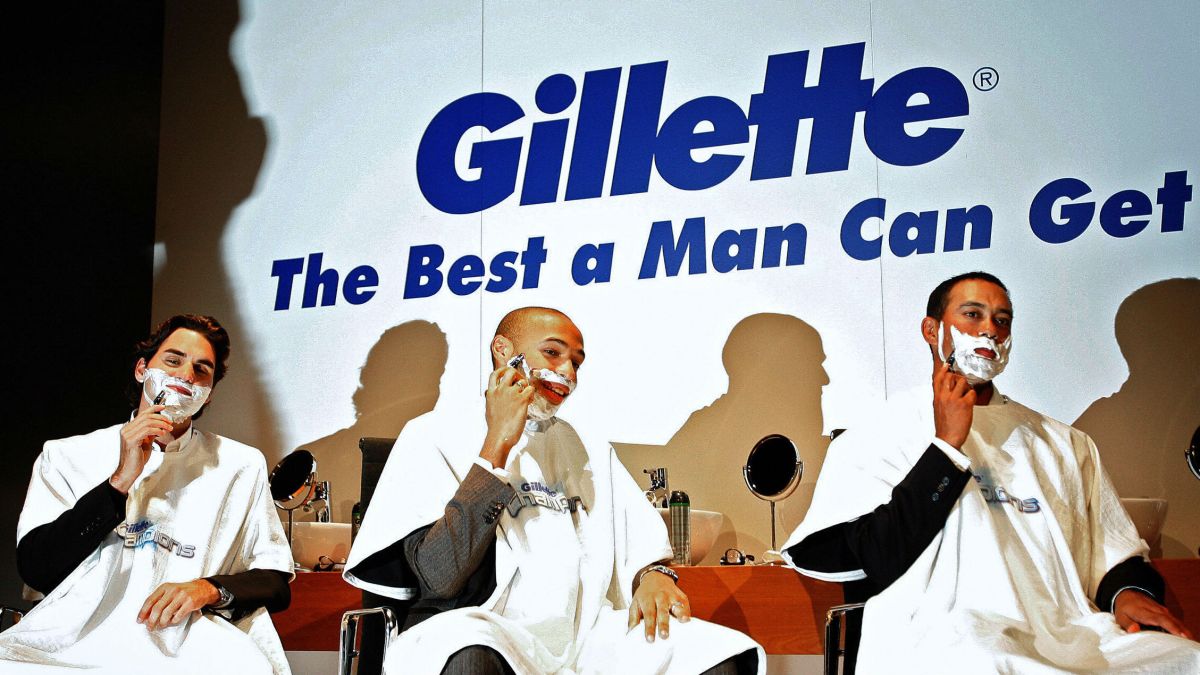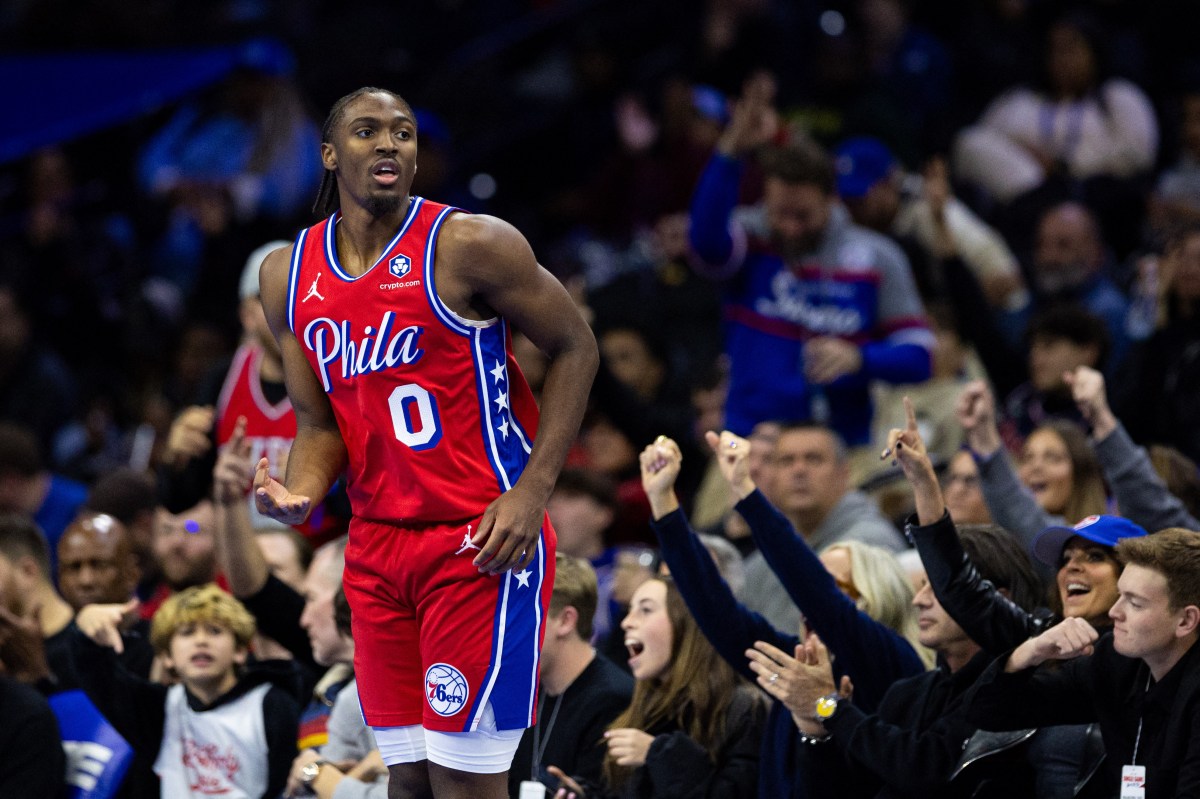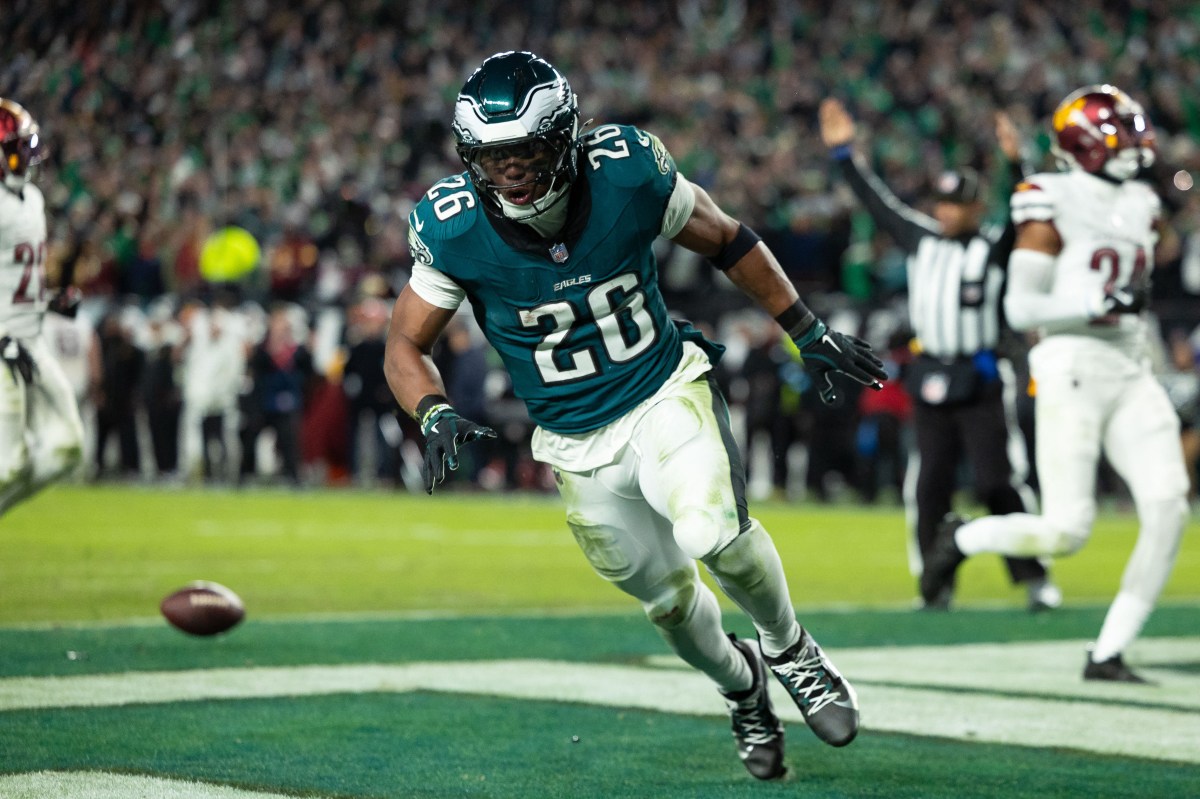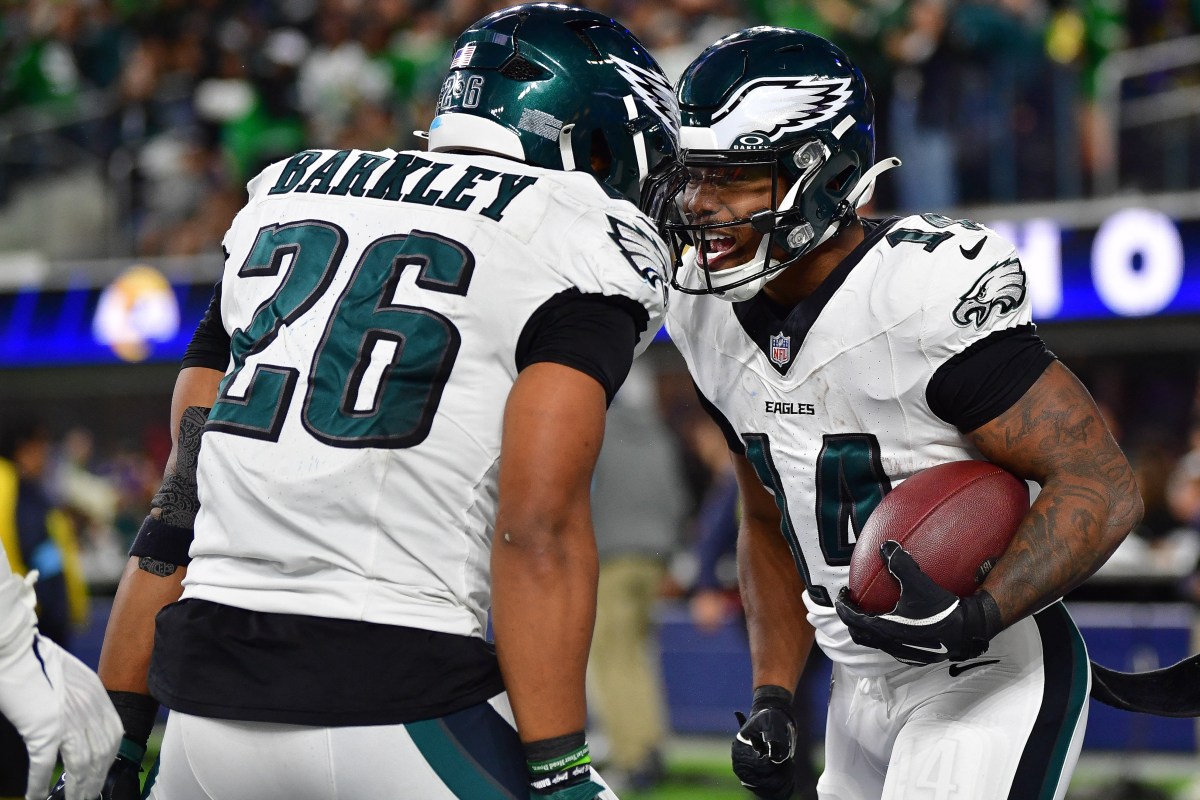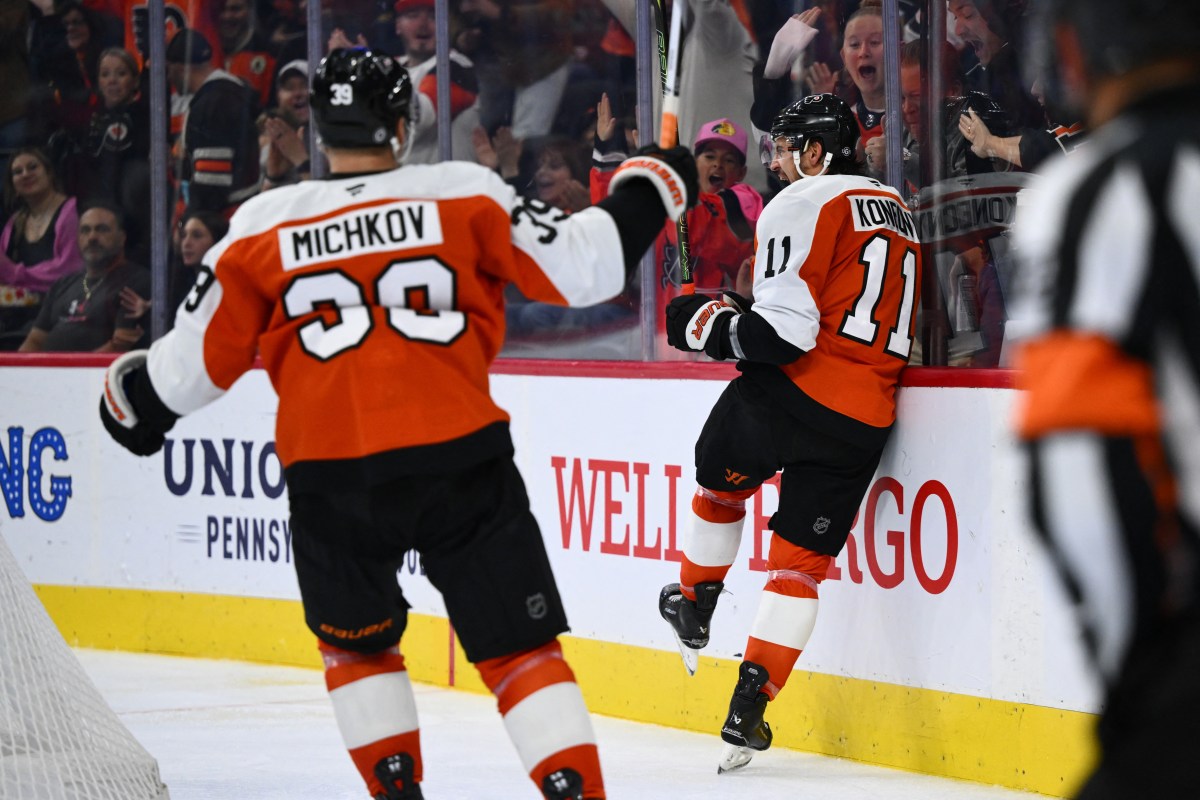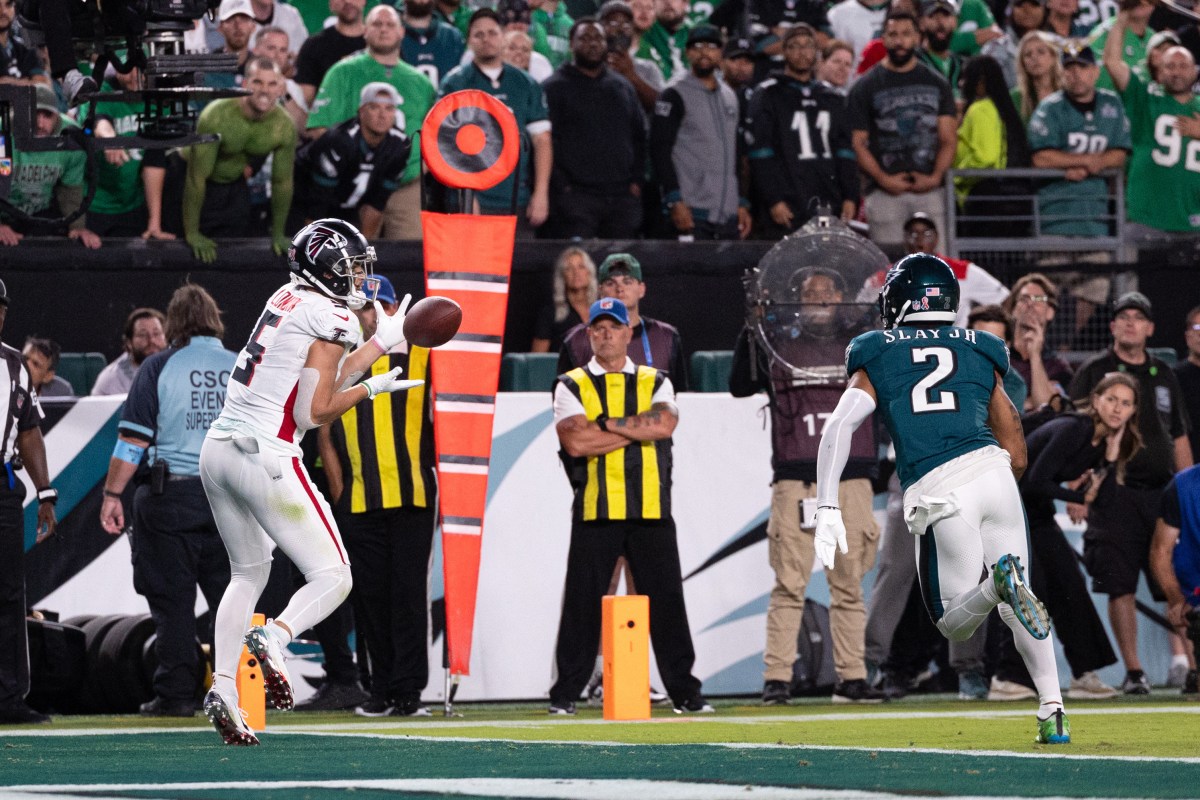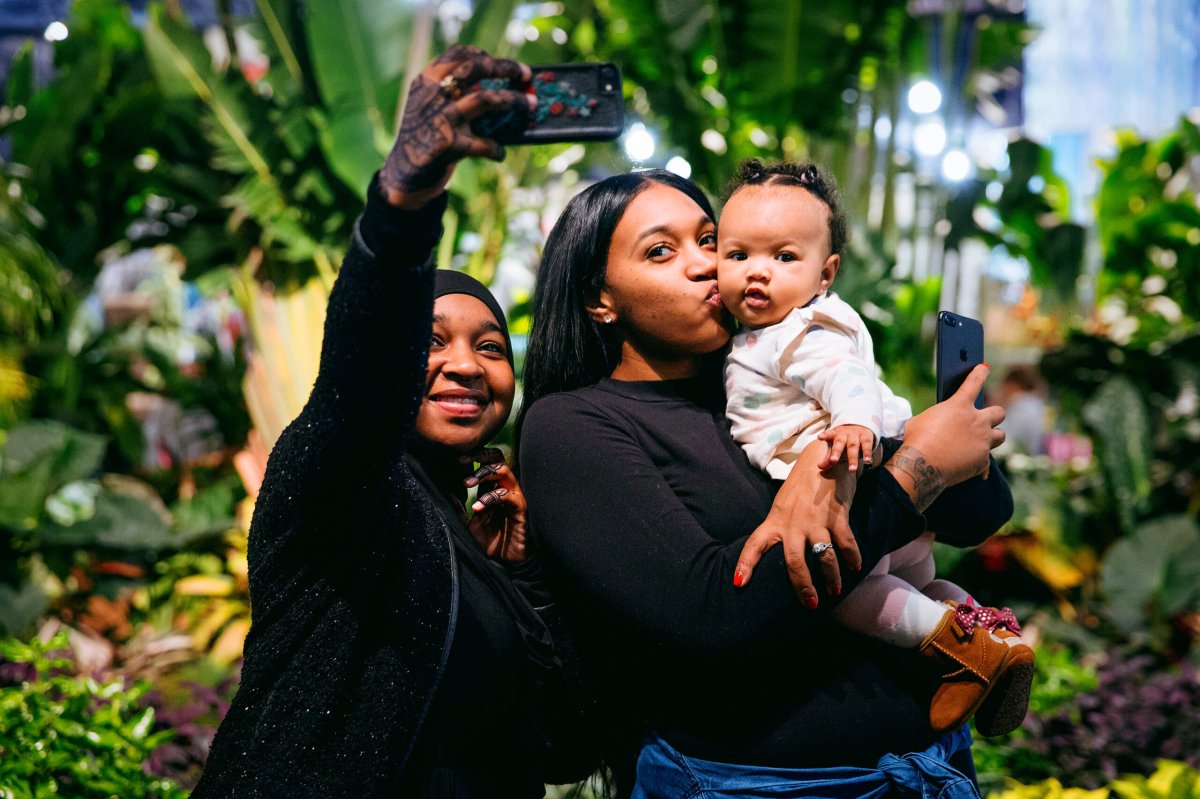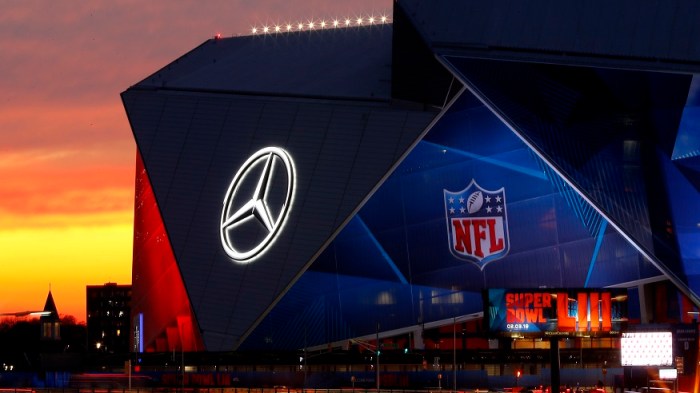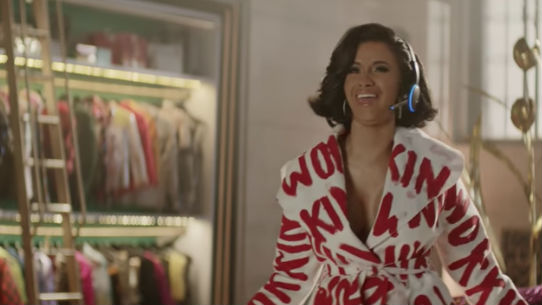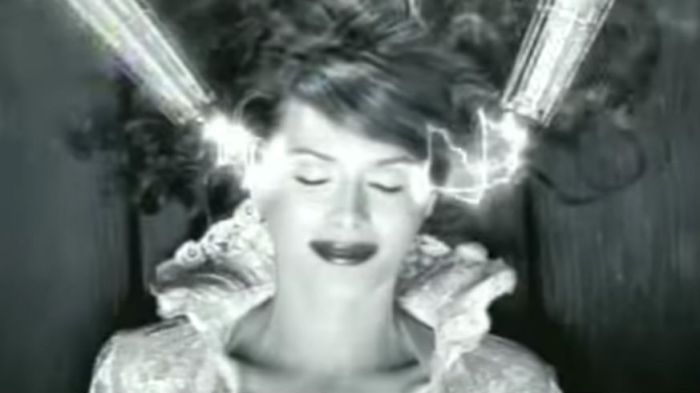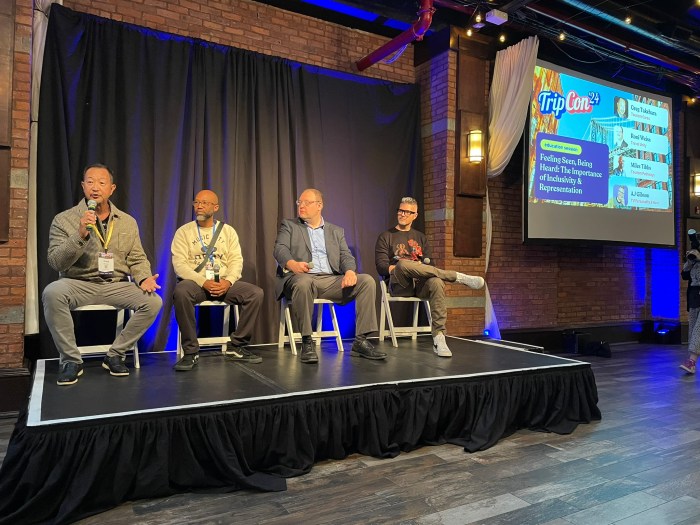Gillette’s new commercial isn’t about shaving or personal hygiene.
Instead, it’s inspired by the #MeToo-movement and addresses issues like toxic masculinity, sexual harassment and bullying.
The 90-second long video called “We Believe: The Best Men Can Be” encourages men to change their behavior and to end excuses for sexual harassment like “boys will be boys.”
The commercial has in a short period of time received a lot of attention and the video currently has 23,000 likes and 214,000 dislikes, still counting.
The Gillette commercial
“Boys will be boys”? Isn’t it time we stopped excusing bad behavior? Re-think and take action by joining us at https://t.co/giHuGDEvlT. #TheBestMenCanBe pic.twitter.com/hhBL1XjFVo
— Gillette (@Gillette) January 14, 2019
Gillette’s new commercial has reached over two million views in 48 hours.
In the video, the company asks “Is this the best a man can get?” before showing images of men having a sexist, bullying and aggressive behavior.
It then shows images of more positive behavior that can help to prevent sexual harassment in public.
For example, one man in the commercial stops his friend from harassing a woman in the street.
It also includes a clip of actor Terry Crews, a victim of sexual assault, saying “we need to hold other men accountable.”
The commercial was directed by Kim Gehrig from the U.K.-based production company Somesuch, who also directed the 2015 campaign for Sport England, This Girl Can.
Why some people are calling for a boycott

Photo: Gillette
The response to the commercial has generated a heated debate on social media.
A large group, where the majority is men, feel offended by the video saying that it includes “too many stereotypes” and that it’s “insulting to men.”
Some viewers think the commercial is “filled with propaganda” and that they’re accusing “all men” of behaving “badly”.
Your name might be on my football stadium, but you just kissed my business goodbye.
Boys are not monsters-in-waiting. Period.
— Bald Eagle Fourth (@4TurningScribe) January 14, 2019
So nice to see @Gillette jumping on the “men are horrible” campaign permeating mainstream media and Hollywood entertainment. I for one will never use your product again. https://t.co/uZf7v4sFKm
— James Woods (@RealJamesWoods) January 14, 2019
After the huge amount of criticism, many people are now calling for a boycott of the commercial, using the hashtag #BoycottGillette.
I’ve been shaving since I was 12, since the beginning I used Gillette because that’s what my father used, now I will never use it again, and neither will my father, collectively been your customers for 50+ years never again #BoycottGillette #Gillette
— Ary (@ary31574363) January 15, 2019
Sorry Gillette, but men are not bullies. Bullies are bullies. Men are men. Enough blaming all men for the actions of some. #BoycottGillette
— Dave Sena (@DaveSena39) January 14, 2019
What is perhaps most dangerous for Gillette, is the large number of people saying that they will never buy their products again.
I’ll never buy another Gillette again.
— P. D. Mangan ?? (@Mangan150) January 14, 2019
After over 40 years of shaving with Gillette razors, I placed my first order with @DollarShaveClub today. I don’t need to be misjudged, falsely accused, found guilty by association, and virtue-lectured by my razor company simply because I have a penis.
— Graham Cox (@FlyNavyES3) January 14, 2019
There have also been calls for Gillette to post an apology video to everyone who is feeling offended by their advertisement.
But Gillette still, despite the backlash, says that the video addresses an important subject and that they believe “the best in men.” Therefore, they won’t delete the commercial.
“By holding each other accountable, eliminating excuses for bad behavior, and supporting a new generation working toward their personal ‘best,’ we can help create positive change that will matter for years to come,” Gary Coombe, President of Gillette, said in a statement.
Positive reactions to the Gillette commercial
Alongside all the negative reactions to the Gillette commercial, there are also people praising the brand for bringing up the topic.
On Twitter, several people are saying that the conversation of what it means to be a “modern man” is “necessary” and “needs to happen.”
Some viewers think that all the negative reactions prove why the subject is important and needs to be discussed.
“We should thank all the man replying negatively to this message for providing us with a list of names to avoid in the future!” A viewer wrote on Twitter.
Let’s just be clear. This ad focusses on changing the behaviour of men who have engaged in sexual assault, harassment, discrimination and violence.
In this tweet, Piers condones this behaviour. For the likes. For the column inches. For the ego. For the love of god, stop him. https://t.co/FAM0hOIqvd
— Nicola Thorp (@nicolathorp_) January 14, 2019
Fantastic ad and more of this is needed.
Also…seeing “men” boycott Gillette are proving the point of the ad. Way to NOT be the best man you can be, guys. https://t.co/Q4XPqt2NLw
— Cat Staggs ?️? (@CatStaggs) January 14, 2019
The #Gillette ad clearly calls out sexual harassment and bullying, and says “Some men are already doing fine.”
Yet tons of men are still going to take it as an attack on “normal male behaviour,” and will interpret it as “painting ALL men with a wide brush.” Priceless.
— Ethan Matisa (@ematisa) January 14, 2019
“Gillette felt compelled to address an important conversation,” Pankaj Bhalla, Gillette’s brand director for North America, told Boston.com in a statement responding to the negative feedback.
“We are taking a realistic look at what’s happening today, and aiming to inspire change by acknowledging that the old saying ‘boys will be boys’ is not an excuse,” Bhalla said.
“We want to hold ourselves to a higher standard, and hope all the men we serve will come along on that journey to find our ‘best’ together,” she added.
Gillette is donating $1 million a year for the next three years to U.S. charities aimed at supporting men.
They have also partnered with the Building A Better Man project, which seeks to reduce violent behavior in men, and The Boys and Girls Club of America, which helps young men develop better social and communication skills.

